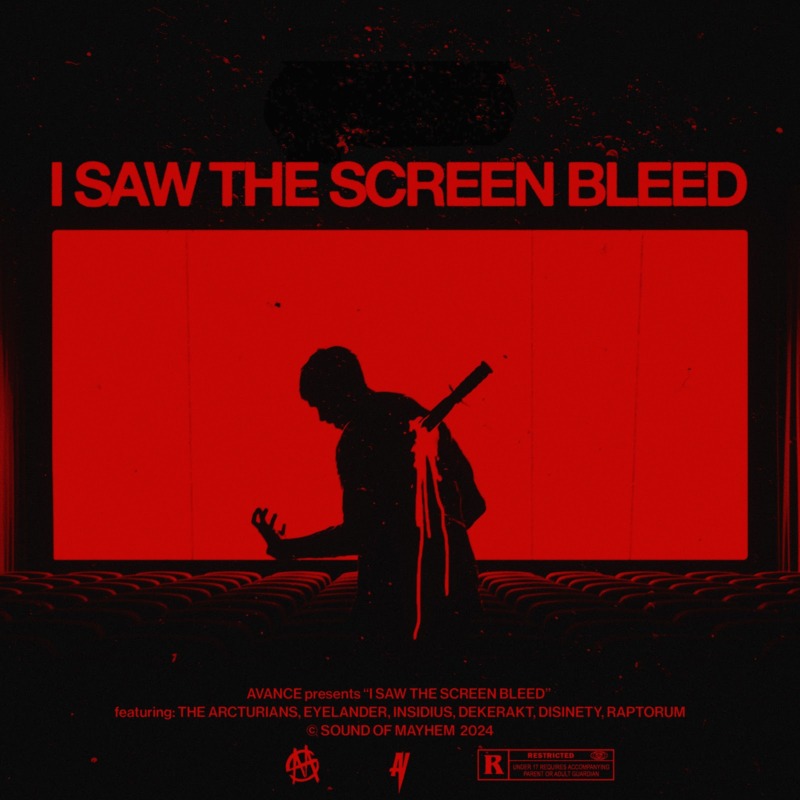When Zombie Land Saga first premiered in October 2018, nobody knew what to expect. The promotional materials for the original anime were both vague and misleading, appearing to present a zombie apocalypse story while promising a "refreshing new twist" on the genre. Nobody knew that the "twist" was that the zombies were an idol group -- and nobody could have guessed just how funny yet heartfelt this strange series would be.
Zombie Land Saga would appeal to both fans and haters of idol anime, win awards, encourage real-life tourism to Saga Prefecture and find particular resonance among the transgender community. With the second season, Zombie Land Saga Revenge, premiering on Crunchyroll and Funimation April 8, now is a good time to look back on the anime's legacy.
Zombie Land Saga's Critical Acclaim
Zombie Land Saga's combination of unpredictable comedy, upbeat music and well-written character drama made it a hit in both Japan and the United States. It was a surprise success for production company Cygames and contributed to the rising reputation of animation studio MAPPA. The series won the TV Grand Prix at the 2019 Tokyo Anime Award Festival, an award where fans pick a list of finalists and industry professionals decide the winners.
At the same year's Crunchyroll Anime Awards*, in which professional critics decide the nominees and fans vote on the winners, Zombie Land Saga was nominated for five awards, including Anime of the Year, Best Boy (Kotaro Tatsumi), Best Girl (Lily Hoshikawa) and Best Character Design (Kasumi Fukagawa). Mamoru Miyano's performance as overbearing manager/corpse-reanimating mastermind Kotaro Tatsumi won Best VA Performance (JP).
*Full disclosure: the writer of this article was on the nominating committee that year.
The Importance of Lily Hoshikawa
All of the zombie idols in Franchouchou are great characters, from the persistent protagonist Sakura Minamoto to the tough biker gang leader Saki Nikaido to the simply legendary Tae Yamada. However, the most important character in terms of the show's wider legacy has been Lily Hoshikawa, a 12-year-old TV star who just happens to be a trans girl. Her trans identity is made explicit in Episode 8, which reveals she died from anxiety over growing facial hair, and all her fellow zombie girls completely accept her.
Transgender anime fans embraced Lily, and this eventually led to a meme of her being condemned in UK Parliament. The whole history of trans-exclusionary radical feminism in the UK and the ways by which anti-trans activists try to frame anger at transphobia as hatred against women is too complicated a topic to delve into in an article about a silly anime comedy, but long story short, somehow this situation led to Scottish MP Joanna Cherry holding up print-out of a meme showing Lily holding a gun with the caption "Shut the f*** up TERF" (while reading a far more offensive word in place of "TERF") in an official meeting of Parliament.
The Significance to Saga
Zombie Land Saga was developed in collaboration with the real-life Saga Prefectural Government. Many of the sights seen throughout the anime, including the restaurant Drive-In Tori the girls made a commercial for in Episode 5, are real places which have seen boosts in tourism since the show's premiere.
Saga's governor Yoshinori Yamaguchi has said he loves Zombie Land Saga, and even cosplayed as Kotaro during one of the many Zombie Land Saga collaboration events. Kotaro's ridiculous plan to "save Saga" through zombie idols is actually helping the prefecture's economy in real life.
Zombie Land Saga Revenge premieres April 8 on Crunchyroll and Funimation.
About The Author

